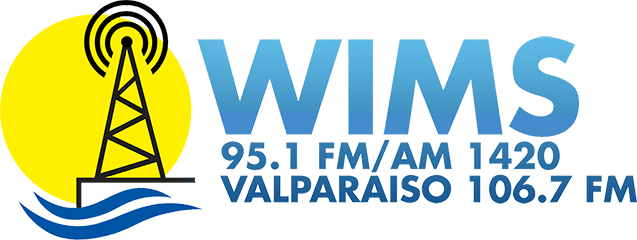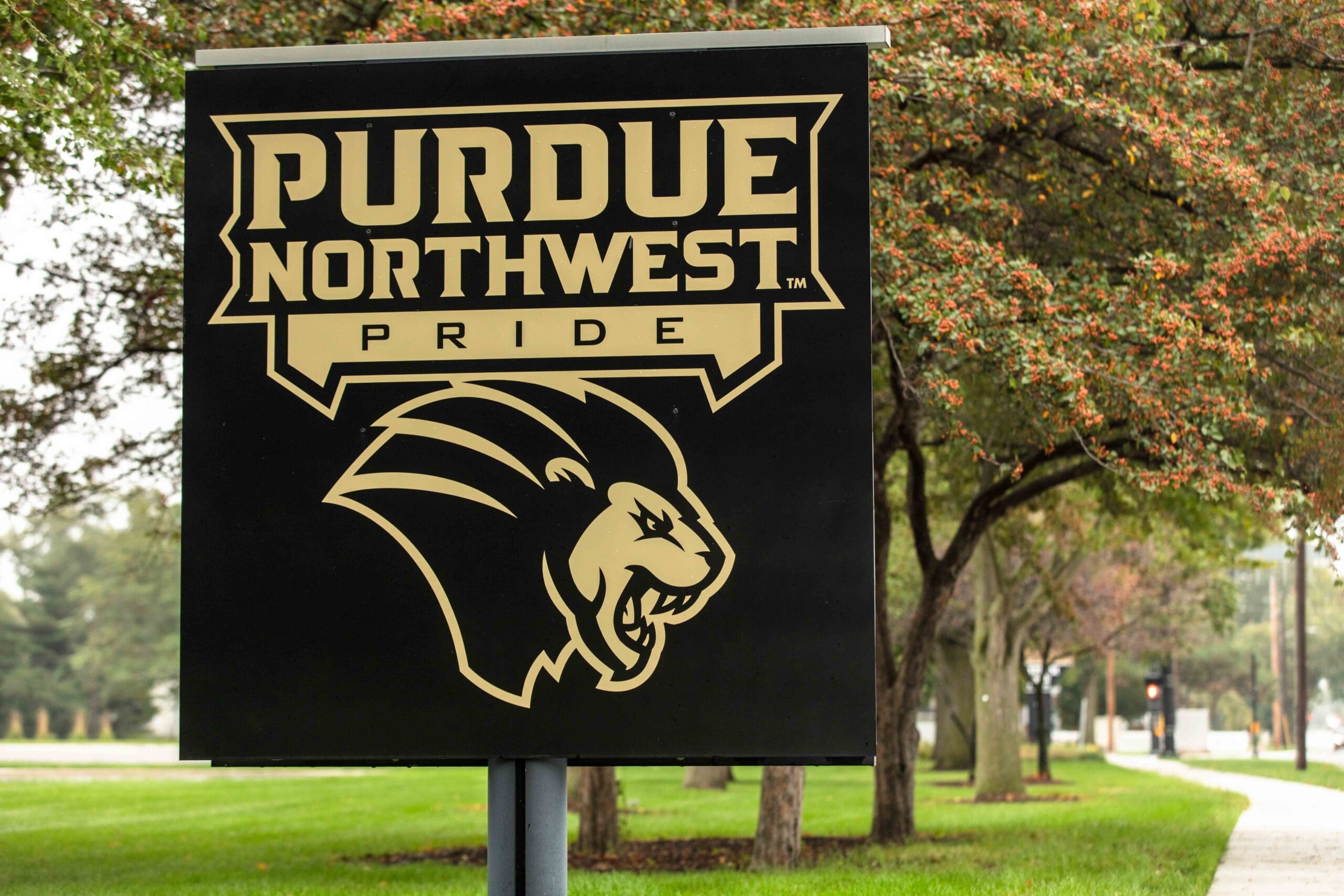Purdue University Northwest (PNW) has earned national recognition for its efforts to support first-generation college students in attaining a degree.
The Center for First-generation Student Success, an initiative of National Association of Student Personnel Administrators (NASPA) – Student Affairs Administrators in Higher Education and The Suder Foundation, recently announced PNW will be included in its 2022-23 First-gen Forward cohort.
The First-gen Forward designation recognizes institutions of higher education that have demonstrated a commitment to improving experiences and advancing outcomes of first-generation college students.
In the application process, PNW had to demonstrate that the university has current practices and a campus culture supporting first-generation college students. Some of PNW’s successes include housing a robust TRIO program with a pipeline helping students from middle school through post-graduate program preparation, and fostering a collaboration between the Leadership Institute at PNW and the 21st Century Scholars Program.
Sarah E. Whitley, assistant vice president of the Center for First-generation Student Success says that “First-gen Forward now recognizes and supports nearly 300 diverse institutions across four cohorts, all of which continue to lead the nation through their commitment to first-generation student success,” says “We are pleased to welcome Purdue University Northwest for their long-term commitment and demonstrated strategies for advancing first-generation student initiatives.”
As a First-gen Forward Institution, interested faculty and staff will be afforded multiple opportunities to engage with peer institutions who are also creating environments that improve the experiences and outcomes of first-generation college students. Selected institutions will send representatives to the First-gen Forward Conference slated for early June and will participate in monthly calls, virtual professional development, goal setting, blog development, annual reporting and more. After two successful years in the program, institutions are eligible to apply for the Advisory leadership designation.
Selected institutions receive professional development, community-building experiences and a first look at the Center’s research and resources.

